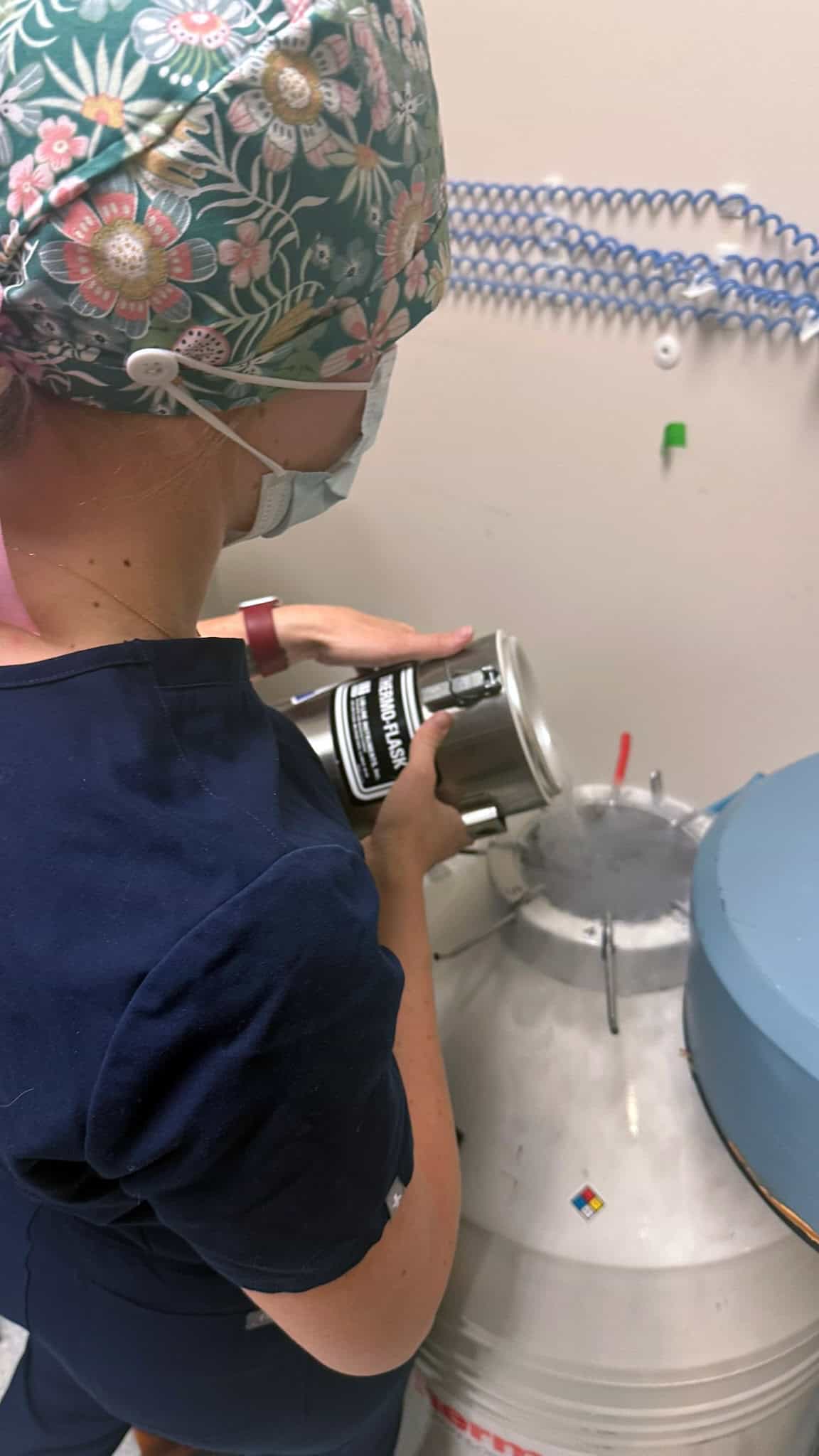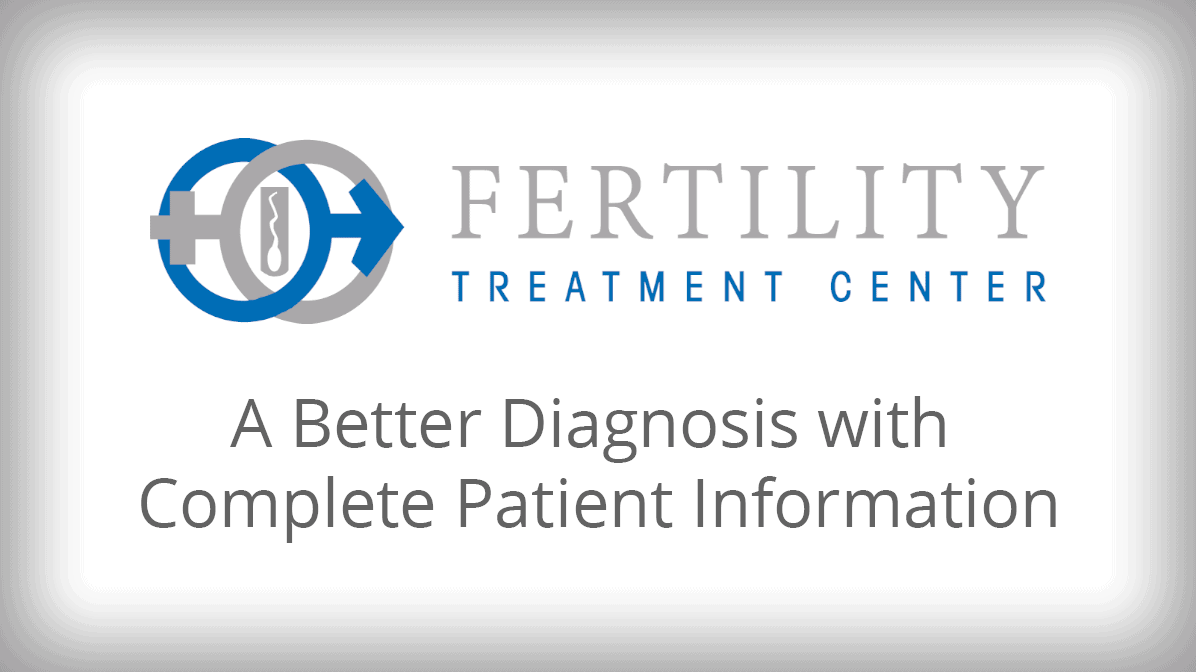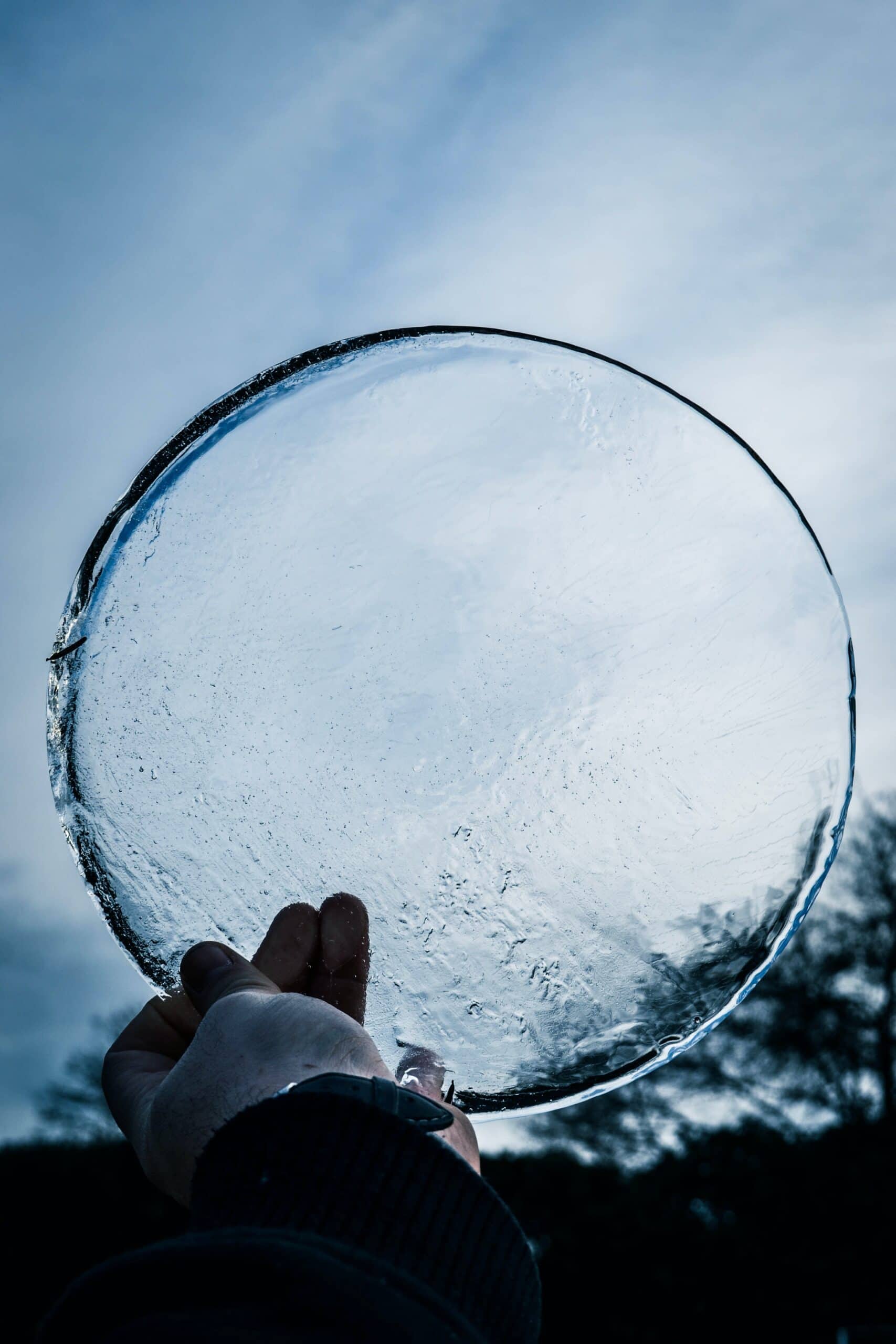A study released a few years ago found that female cancer survivors are one third less likely getting pregnant after cancer than women in the general population.
Researchers pulled the medical records of 23,201 girls and women in Scotland up to age 39 who had been diagnosed with any type of cancer between 1981 and 2012. The study documented whether or not they had become pregnant after their treatment.
Results of the study found that cancer survivors were 38% less likely to achieve a pregnancy than women in the control group. The results were similar across almost all types of cancer.
The presenters of the study did clarify that women who were diagnosed later (2005-2012) had higher rates of pregnancy than those diagnosed earlier (1981-1988), suggesting that modern cancer treatments have less of an impact on fertility. However, the study cannot determine whether a woman purposely chose not to become pregnant or whether she was unable to due to infertility.
This groundbreaking information may help girls and women diagnosed with cancer make decisions about their fertility before undergoing chemotherapy, radiation or other forms of cancer treatment. For example, they may choose to have their healthy eggs harvested and frozen for use at a later date.
Egg freezing, also called oocyte cryopreservation, can allow a woman to have access to her healthy eggs years later, when she is ready to become pregnant and after putting her cancer journey behind her. Recent advances in egg freezing have made this a viable procedure to help extend or preserve a woman’s fertility. Egg freezing is no longer considered an experimental procedure by the American Society for Reproductive Medicine.



